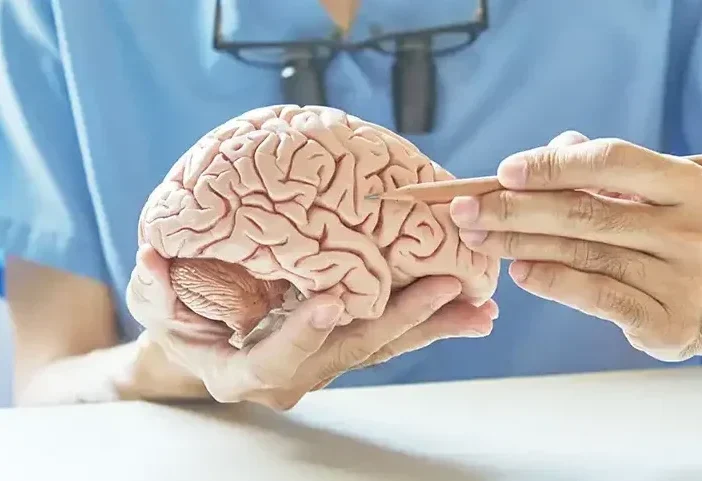Neurology in Nashik

Neurology
Neurology is a medical specialty focused on the diagnosis, treatment, and management of disorders affecting the nervous system, including the brain, spinal cord, nerves, and muscles. Neurologists are experts in addressing a wide range of neurological conditions. If you’re looking for specialized neurological care, Neurology in Nashik offers advanced treatment options and experienced professionals to ensure optimal patient care.
Key Aspects of Neurology:
Central Nervous System (CNS): This includes the brain and spinal cord. Neurologists diagnose and treat conditions such as:
- Stroke: A sudden disruption of blood flow to the brain, leading to potential brain damage.
- Epilepsy: A disorder characterized by recurrent seizures.
- Multiple Sclerosis (MS): An autoimmune condition that affects the protective covering of nerve fibers in the brain and spinal cord.
- Parkinson’s Disease: A progressive neurodegenerative disorder that affects movement control.
- Alzheimer’s Disease and Other Dementias: Conditions involving progressive cognitive decline.
Peripheral Nervous System (PNS): This includes the nerves outside the brain and spinal cord. Conditions affecting the PNS include:
- Peripheral Neuropathy: Damage to peripheral nerves that can cause pain, tingling, and weakness.
- Guillain-Barré Syndrome: An acute, often sudden, immune-mediated disorder affecting the peripheral nerves.
Muscle Disorders: Neurologists also deal with diseases that affect the muscles, such as:
- Myasthenia Gravis: An autoimmune disorder that leads to weakness in the skeletal muscles.
- Muscular Dystrophy: A group of genetic diseases causing progressive muscle weakness and degeneration.
Diagnosis and Treatment: Neurologists use a variety of diagnostic tools and techniques, including:
- Neuroimaging: Such as CT scans and MRIs to visualize the brain and spinal cord.
- Electroencephalogram (EEG): Measures electrical activity in the brain and is used to diagnose epilepsy and other conditions.
- Electromyography (EMG): Measures electrical activity in muscles to diagnose neuromuscular disorders.
- Lumbar Puncture (Spinal Tap): Collects cerebrospinal fluid for analysis to diagnose conditions like infections or multiple sclerosis.
Treatments may include medications, physical therapy, lifestyle changes, and sometimes surgical interventions.
Focus: The aim of neurology is to improve the quality of life for patients with neurological disorders by managing symptoms, slowing disease progression, and addressing functional impairments.
Overall, neurology is a critical field dedicated to understanding and treating complex conditions that impact the nervous system, providing comprehensive care for patients with a wide range of neurological issues.

